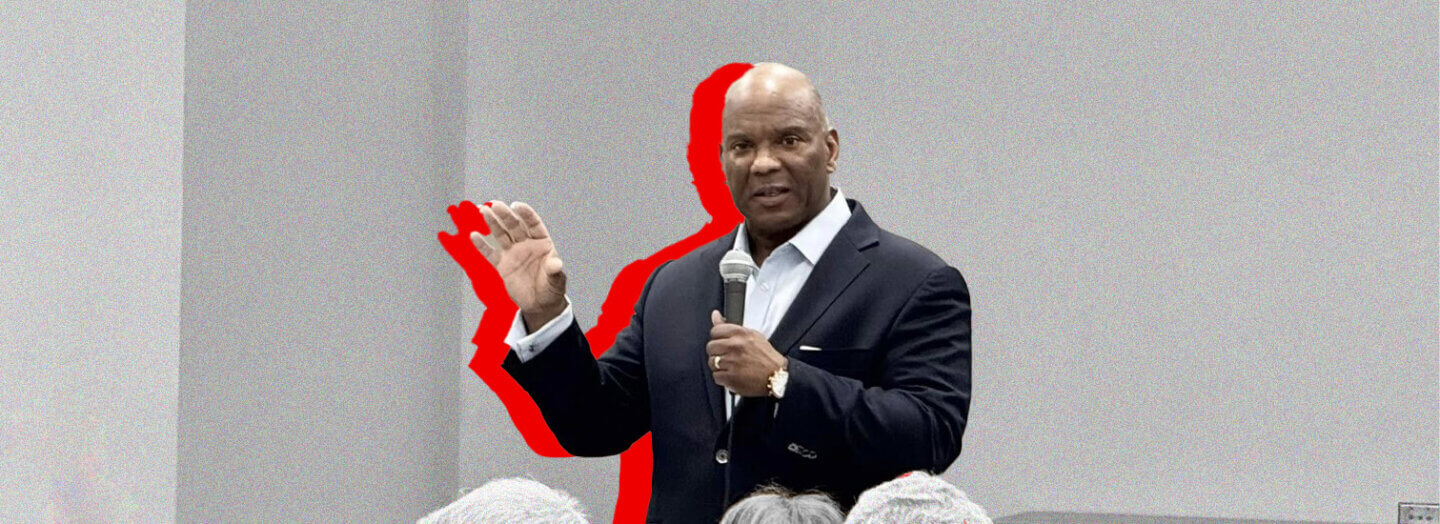New Study Finds Minnesota Falling Behind in Pre-K Education.
BY:
Minnesota has long been considered a leader in education, but there’s much we could do to improve early childhood education. A new report from the Educator Policy Innovation Center, a top education policy research center, has drawn attention to Minnesota’s failure to invest in universal pre-K.
Here’s what we know: universal pre-K has been proven to have a positive impact on the mental development of children. Additionally, children who have received high quality pre-K education do better in school and are less likely to be held back a grade. The effects of pre-K education last far beyond a child’s academic career–recipients of early childhood education exhibit far lower rates of teenage pregnancy, criminal behavior, and are more likely to be successful as adults. Investment in early childhood education pays off, helping students achieve more throughout their academic careers and later in life.
Despite these benefits, Minnesota lags behind when it comes to making critical investments in the future of our kids. Minnesota currently ranks 41st out of the 50 states when it comes to the number of children who have access to high-quality pre-K. And access to early childhood education varies widely between communities.
House Republicans have consistently blocked efforts to bring early childhood education into line with the rest of Minnesota’s world-class K-12 system. Instead, Republicans have opted for more tax cuts for their rich corporate backers, and have proposed a tax gimmick that would essentially force Minnesota to subsidize early childhood education at private schools and religious institutions. Governor Dayton has called their proposal a “backdoor private school voucher” system, a model which has proved to be disastrous in other states. It shouldn’t be a surprise that House Republicans are committed to blocking this critical investment: last year’s GOP budget committed just $1 dollar to schools for every $15 dollars in tax giveaways.
Republicans should realize that investing in the future of our children and our state is just common sense. Refusing to provide universal Pre-K education to all of our state’s children is downright un-Minnesotan.
JOIN US.
contribute to the conversation



